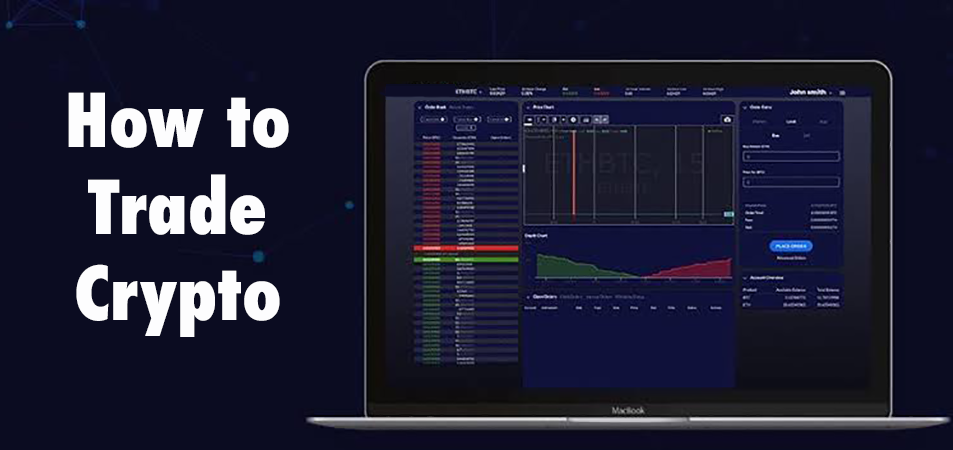Cryptocurrency trading is the act of speculating on cryptocurrency cost motions by means of a CFD trading account, or purchasing and selling the underlying coins by means of an exchange. CFDs trading are derivatives, which allow you to hypothesize on cryptocurrency price motions without taking ownership of the underlying coins. You can go long (' buy') if you think a cryptocurrency will rise in value, or short (' offer') if you think it will fall.
Your profit or loss are still computed according to the full size of your position, so leverage will magnify both earnings and losses. When you buy cryptocurrencies through an exchange, you acquire the coins themselves. You'll need to develop an exchange account, set up the complete value of the possession to open a position, and save the cryptocurrency tokens in your own wallet till you're prepared to sell.
Numerous exchanges also have limitations on how much you can deposit, while accounts can be very pricey to keep. Cryptocurrency markets are decentralised, which indicates they are not released or backed by a main authority such as a federal government. Instead, they run across a network of computer systems. However, cryptocurrencies can be bought and sold by means of exchanges and kept in 'wallets'.
 How to Trade Cryptocurrency? A Complete ...truemors.com
How to Trade Cryptocurrency? A Complete ...truemors.com
When a user wants to send cryptocurrency systems to another user, they send it to that user's digital wallet. The transaction isn't considered final till it has been confirmed and added to the blockchain through a procedure called mining. This is likewise how brand-new cryptocurrency tokens are usually produced. A blockchain is a shared digital register of taped data.
To select the best exchange for your requirements, it is essential to fully comprehend the kinds of exchanges. The very first and most typical type of exchange is the central exchange. Popular exchanges that fall into this category are Coinbase, Binance, Kraken, and Gemini. These exchanges are private business that provide platforms to trade cryptocurrency.
The exchanges noted above all have active trading, high volumes, and liquidity. That said, centralized exchanges are not in line with the viewpoint of Bitcoin. They operate on their own personal servers which develops a vector of attack. If the servers of the business were to be jeopardized, the entire system could be shut down for a long time.
The bigger, more popular central exchanges are by far the most convenient on-ramp for new users and they even supply some level of insurance ought to their systems stop working. While this holds true, when cryptocurrency is bought on these exchanges it is stored within their custodial wallets and not in your own wallet that you own the keys to.
Ought to your computer and your Coinbase account, for instance, become jeopardized, your funds would be lost and you would not likely have the ability to claim insurance coverage. This is why it is essential to withdraw any big amounts and practice safe storage. Decentralized exchanges operate in the same manner that Bitcoin does.
Instead, consider it as a server, except that each computer within the server is spread out throughout the world and each computer that makes up one part of that server is controlled by an individual. If one of these computers shuts off, it has no effect on the network as an entire since there are lots of other computer systems that will continue running the network.